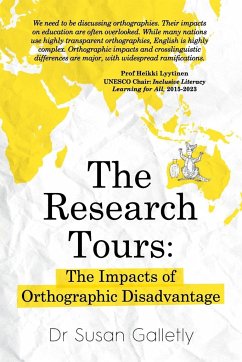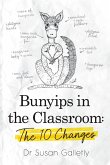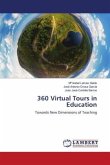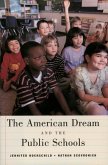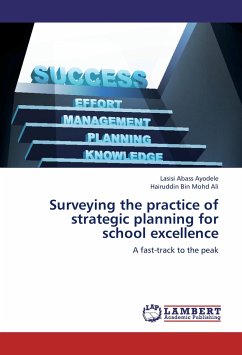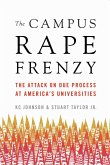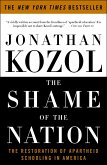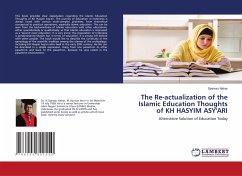The second book of the Aussie Reading Woes trilogy, The Research Tours: The Impacts of Orthographic Disadvantage explores and explains research findings on key issues impeding Australian children's literacy development, education and school functioning, and logical practical solutions (the 10 Changes). A book for readers interested in education and Australia's needs for improvement. Susan Galletly BSpThy MEd PhD is an Australian learning disabilities researcher and specialist, speech language pathologist and teacher, with decades of experience in research and practice. Down the decades, educators have paid surprisingly little attention to orthographic complexity. An orthography is a spelling system, and nations choose the orthographies they use. Highly-regular orthographies, e.g., Finnish, Italian, and Korean, ease and speed early literacy development, with children reading and writing effectively within a few months. Highly-complex orthographies such as Australia's Standard English greatly impede early-literacy development, e.g., test norms show Australian word-reading and spelling development take six and nine years, respectively, on average, with many children and adults never achieving healthy reading and writing. The Standard English orthographies of Australia, UK and USA are among the world's most complex orthographies, with researchers considering them outliers to the continuum of orthographic complexity. Most nations use highly regular orthographies. Some use a single highly-regular orthography, e.g., Finland, Italy, Spain. Others, including Taiwan, Japan and China, whose orthographies are far more complex than English, use highly-regular beginners' orthographies. These ensure rapid easy early-literacy development, and smooth transitioning to strong reading and writing their highly complex orthographies. Through rapid easy literacy development, regular-orthography nations can have orthographic advantage: strong advantage at child, school, education system and national level. In contrast, Anglophone nations have severe orthographic disadvantage. Australia needs to explore the potential of beginners' orthographies, older age when learning to read, and other strategic changes. Well-researched (referring to over 750 research publications), The Research Tours is insightful, and wise. It's also an entertaining and surprisingly easy read, using clear explanations and useful detailing of the implications of research studies as numbered lists of directions and recommendations for Australian education to pursue. A book towards a highly positive future for Australia and Anglophone nations, it finishes with 100 Research Questions, encouraging keen knowledge building. The middle book of the Aussie Reading Woes trilogy, three independent books with no set reading order, The Research Tours is book-ended by its partner books, Bunyips in the Classroom: The 10 Changes and The 10 Changes: The Nitty Gritty. Bunyips (Book 1) introduces the 10 Changes and associated issues, including our many education bunyips (important issues Australian education has largely overlooked), while The Nitty Gritty (Book 3) provides needed useful detail on orthographies, Australia's current epidemic of children at-risk for literacy and learning difficulties, and many other important issues.
Hinweis: Dieser Artikel kann nur an eine deutsche Lieferadresse ausgeliefert werden.
Hinweis: Dieser Artikel kann nur an eine deutsche Lieferadresse ausgeliefert werden.

